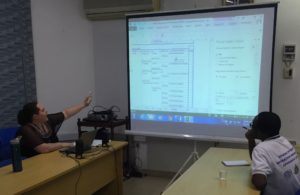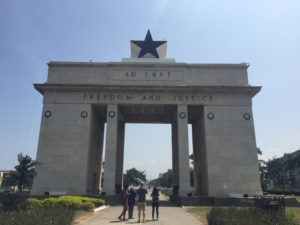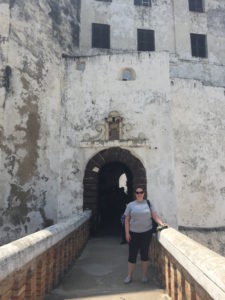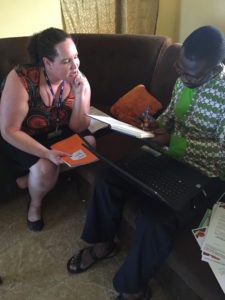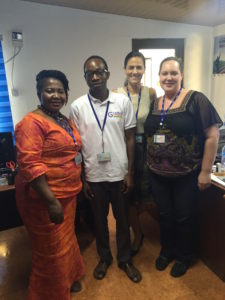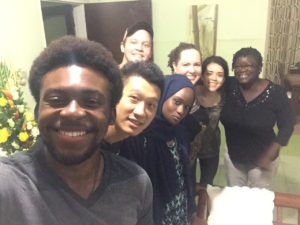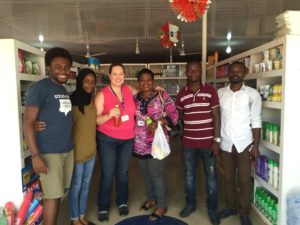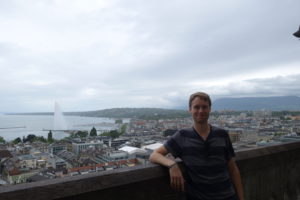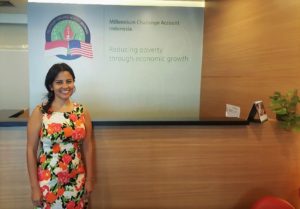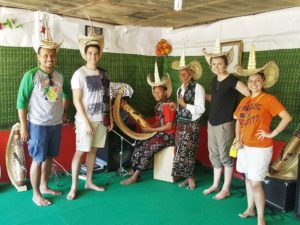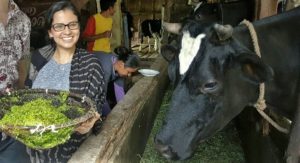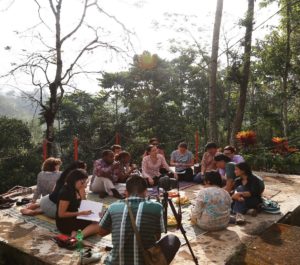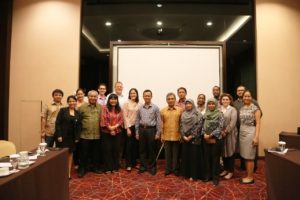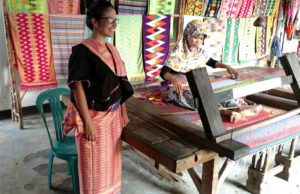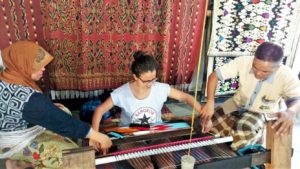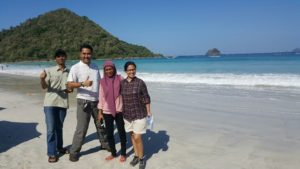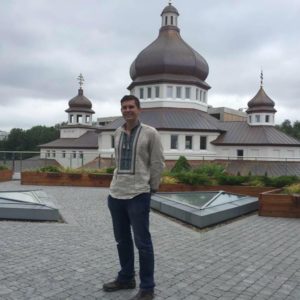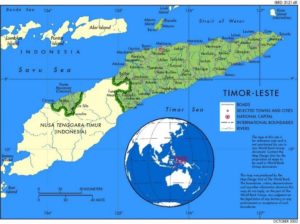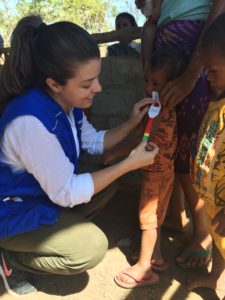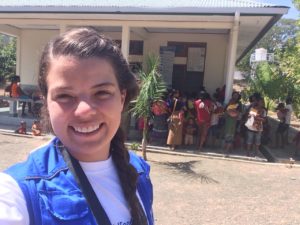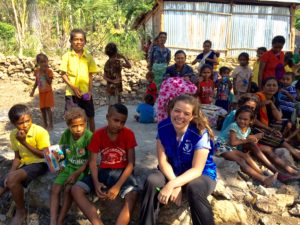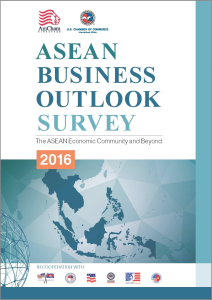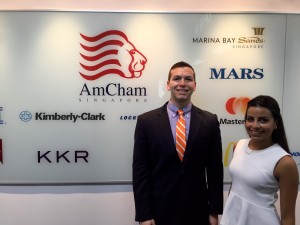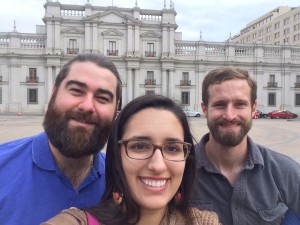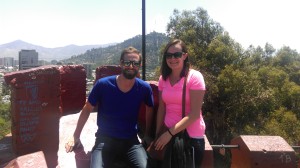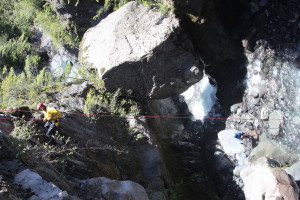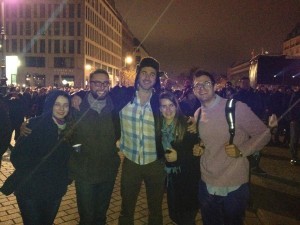Vahid Khatami is a joint MPA/MAIR student who spent his Summer Semester taking part in the Maxwell-in-Washington program where he interned at IRD during the day while taking Maxwell courses at night. Vahid is currently still in Washington, DC interning at IRD and at Microfinance Opportunities.
Based on the Global Humanitarian Assistance report, at least 42% of people with extreme poverty – around 677 million people – are estimated to live in countries that are politically fragile. Many international organizations have been established to address such conflict and post-conflict environments, including International Relief and Development (IRD). With their headquarters in Arlington, Virginia and 18 years of experience, IRD currently operates in more than 15 counties across Africa, Asia, Eastern Europe, the Americas, and the Middle East. The international programs address relief, stabilization, and development needs in the areas of health, agriculture, infrastructure, emergency response, and governance.
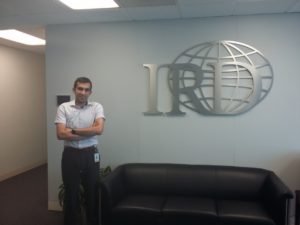
As an intern in the applied learning unit of IRD, I reviewed mostly current performance reports of the projects to pull out the critical lessons learned and build a database to improve the quality of data-driven policies in the organization. To improve the accuracy of the contents, I did several interviews with program managers to reflect their viewpoints on the most important lessons learned from the programs. Such interviews helped me to improve my work relations with other staff.
I have also performed more technical jobs such as building a database of all the consultants’ historical records who have worked with IRD. For this purpose, I wrote several text-mining codes to extract the relevant information from a mass of documents which resulted in more than a thousand records. Writing the codes to automatically extract data, made a huge difference in my work rather than doing the same job manually. In the end, I suggested developing a managerial dashboard for databases including the lessons learned and consultants and indicators. This was all implemented by the M&E interns’ team and accepted by the office director.
As my career track is focused on international economics and development, I found my internship a good step to leverage my knowledge in the field. I better understand some of the development challenges in the real world and the culture of a non-profit organizations working in international development. I expanded my communication skills through the tasks and applied my technical skills in a professional environment. I hope to find my next professional position in the same career track based on this experience to improve my portfolio.

